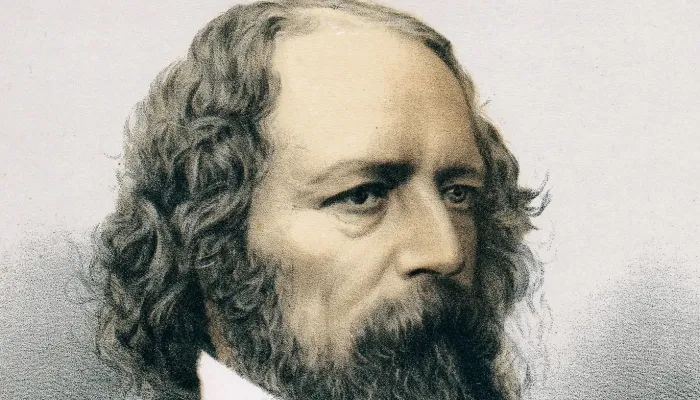Jessie Jones
Biography
Jessie Jones grew up on the Prairies, spent a decade on Vancouver Island, and now resides in Montreal. Her writing has appeared in publications across Canada, the US, England, and France.
Her debut poetry collection, The Fool, was shortlisted for the 2021 Raymond Souster Award. Her poetry has also been shortlisted for the Malahat Review’s Far Horizons Award, cited as Editor’s Choice in Arc’s Poem of the Year prize, and chosen as the first-runner up in PRISM International’s Poetry Award. The Fool, her full-length poetry collection, was published by icehouse press in 2020. Nix, her first chapbook, was published by Desert Pets Press in 2017.
Micro-interview
We didn't really study poetry in the schools I went to, nor was there much selection in my local bookstore, so I really had to go looking for it. By some magic, I found a very slim and powerful selection in the basement of my public library, which included The Beauty of the Husband by Anne Carson, Ariel by Sylvia Plath, and Power Politics by Margaret Atwood. I loved the raw, emotional force on display in each of these works. I hadn't encountered in this intensity in books before and they hinted something deep and wild awaiting me on the other side of teenage-dom—a state I was eager to leave.
The poem that I loved most from that time was "The Moon and the Yew Tree" by Plath, for its language and images. Her description of the moon as "White as a knuckle and terribly upset" and it dragging "the sea behind it like a dark crime" put my brain into a state of shock. I probably couldn't have told you what it was about, but I could feel the alienation and I knew that feeling well.
I started writing when I was very young, and started writing poetry more consistently in high school. But I didn't start thinking of myself as a poet in particular until I was studying creative writing at university. The experience of having other friends who loved poetry as much as I did, mixed with the sudden exposure to the vast landscape of poetry (especially contemporary poetry) was exhilarating and made it seem tailor-made for my voice.
Tireless inventive attention.
I wrote it as a battle cry against self-doubt. Everyone needs one of those sometimes. The lines "Fool is to worry/Fool is to wait/for someone to tell me what I know/ already" came crashing out and I took off from there.
Re: Happiness, in pursuit thereof by C.D. Wright. I love when a poem has rhythm that you click into like a track. The tracks are laid in this poem and the engine is powerful.


